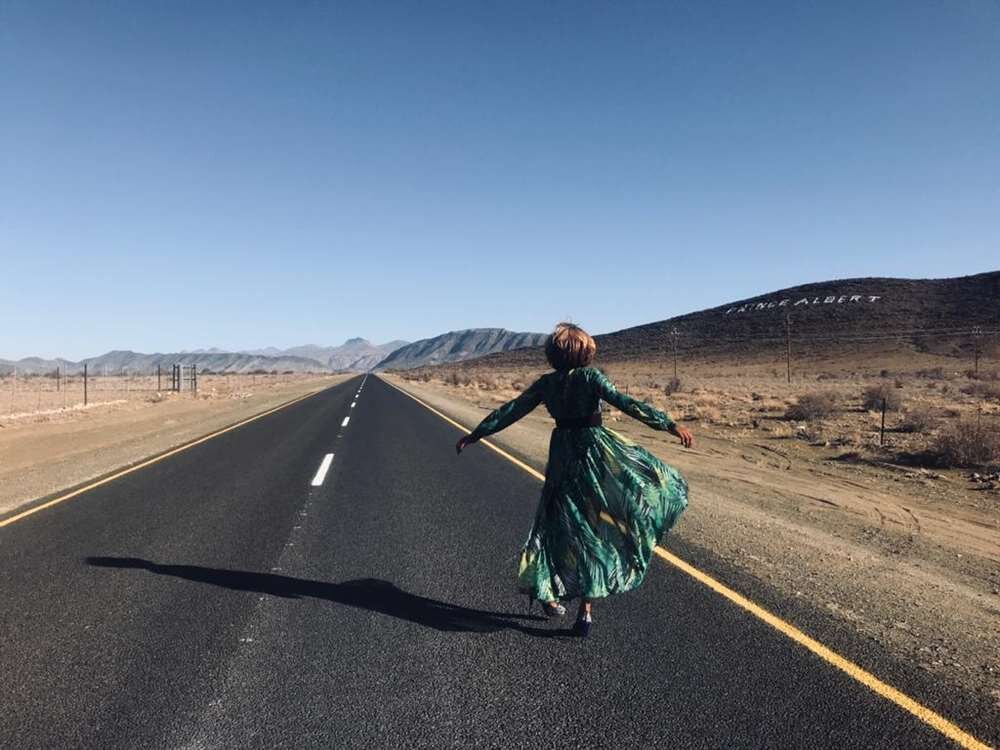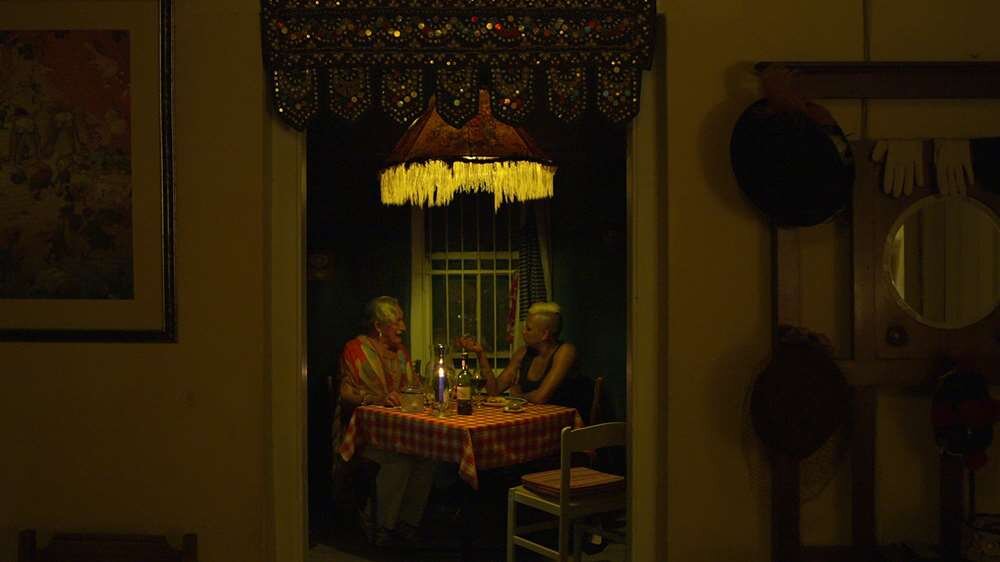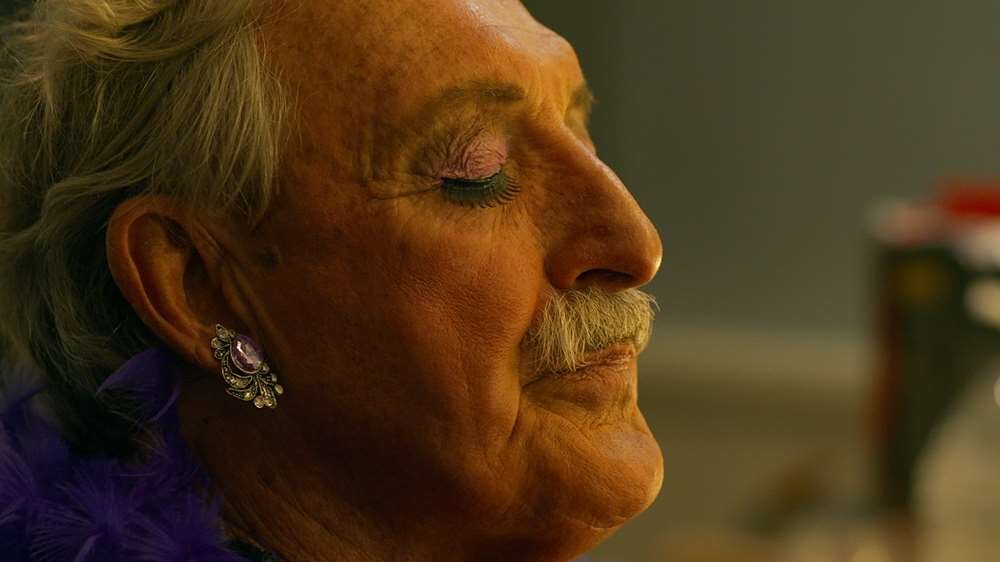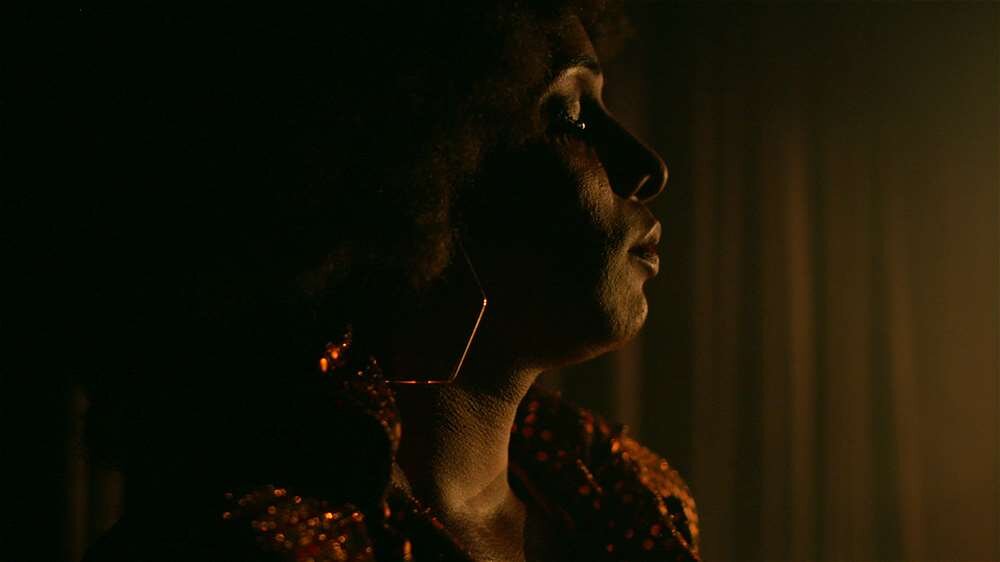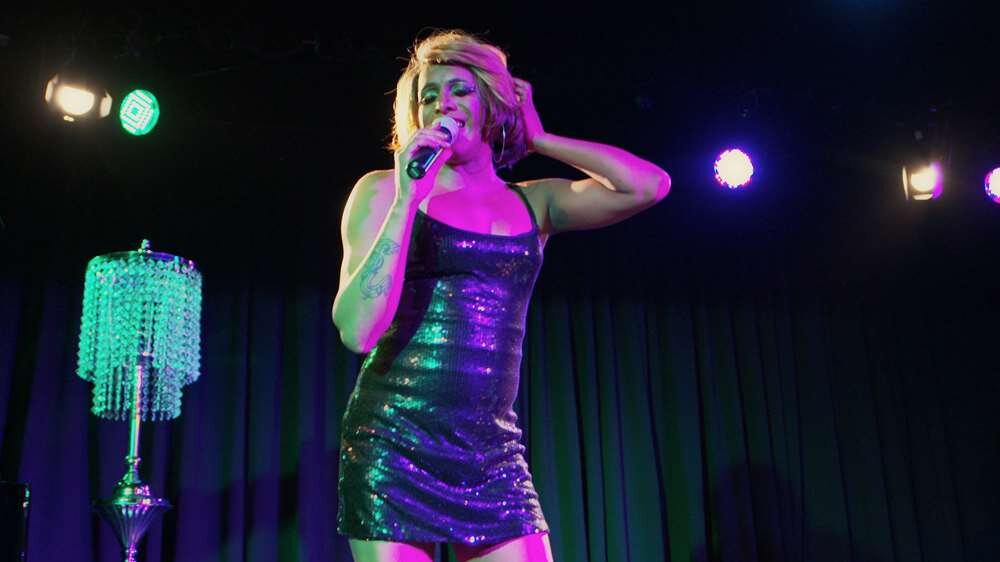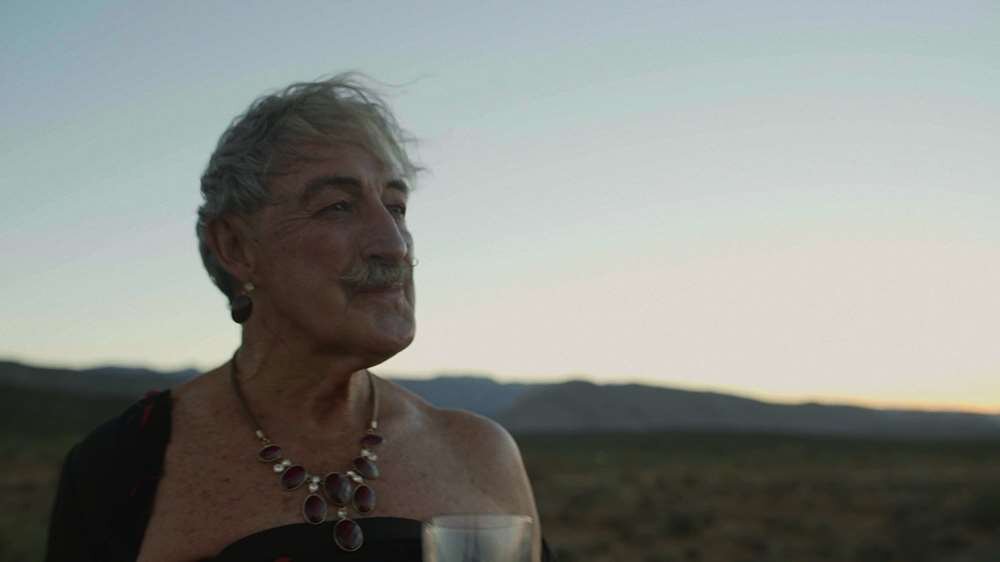Andrew Brukman's film documenting the Gayle-speaking LGBTIQ+ community in South Africa
The Men Who Speak Gayle is a touching short by South African filmmaker Andrew Brukman about a meeting between young mixed race drag artist Nathan Kennedy, who hails from Cape Town’s Cape Flats, and Louis van Brakel, a white queer man two generations his senior. What brings them together for a special performance in a small desert town is Gayle - the language invented by the homosexual community during Apartheid as a means of secret communication. Now a bygone tongue, Nathan is dedicated to keeping Gayle alive, and learning from original speakers like Louis.
The film was made possible by the British Council and BFI’s More Films For Freedom campaign, which has fostered cross-cultural collaborations between UK-based LGBTIQ+ storytellers and those from countries in Africa and the Middle East. The series is streaming now on the British Council Arts YouTube channel.
Here we speak to Brukman, who is currently developing The Men Who Speak Gayle into a full-length documentary, about his vision for the film.
What initially intrigued you about Nathan as a performer?
After hearing rumours about this famously fabulous but almost forgotten language, I stumbled across a video of Nathan doing a skit using Gayle. It was like watching a continuously hilarious rainbow shooting out his mouth and I instantly fell in love! It wasn’t until I saw his Gayle-inspired drag performances and singing (we’re talking Tina and all the diva hits) that I realised his life was his art.
What does Gayle tells about the time from which the language originates?
Homosexuality was illegal in South Africa and Gayle was used as a code while also letting someone else know that you were gay. In the film Louis, a retired air steward - or trolly dolly as they started saying - and original Gayle speaker, talked about how they used to push the Dora pram (drinks trolley) up the aisle while saying things like “Ooooh, check out that Wendy’s (boy) Carla (cock), I bet he has huge avocados (balls)!”.
How has the language survived since then?
When homosexuality was decriminalised in South Africa in 1994, the use of Gayle started dwindling. In most parts, it wasn’t needed to hide from a crime but instead evolved from a language of oppression to a language of expression. Some Gayle had been passed down by oral tradition and Nathan, along with some of his contemporaries, are at the forefront of keeping it going. It’s now an urban quick-witted language used to skinner (gossip) and just be fabulous. As Nathan says, “Gayle is a language of love and laughter, darling!”
What were the most memorable moments of filming?
When we first interviewed Nathan he was so articulate and expressive about his life, sexuality and struggles. At the time, I was on my own journey of coming to terms with my sexuality so it was as meaningful a collaboration as you can get when filmmaking.
But, by far, the most nerve-racking moment was not being able to get rights to any of Nathan’s songs for the film and writing a whole new track two days before he was supposed to film. It turned out to be a banging, catchy LGBTQ anthem which we will release along with the film.
What messages do you hope the film expresses to audiences about the LGBTQ community in South Africa today?
The film provides an alternative history of the LGBTQ community in South Africa that has never seen before. Many QTPoC were original Gayle speakers and, like today, lived in outrageously oppressive communities. Gayle is about more than a hilarious language - it’s about how this community finds resilience in the most unexpected ways and it shows how we’ve always had to fight for every day of our lives.
The Men Who Speak Gayle is produced by Thembisa Cochrane and Georgina Paget of Caspian Films. Watch the film for free on the British Council Arts YouTube channel until 14 August
Visit British Council Arts YouTube
Published on 14/07/2020


